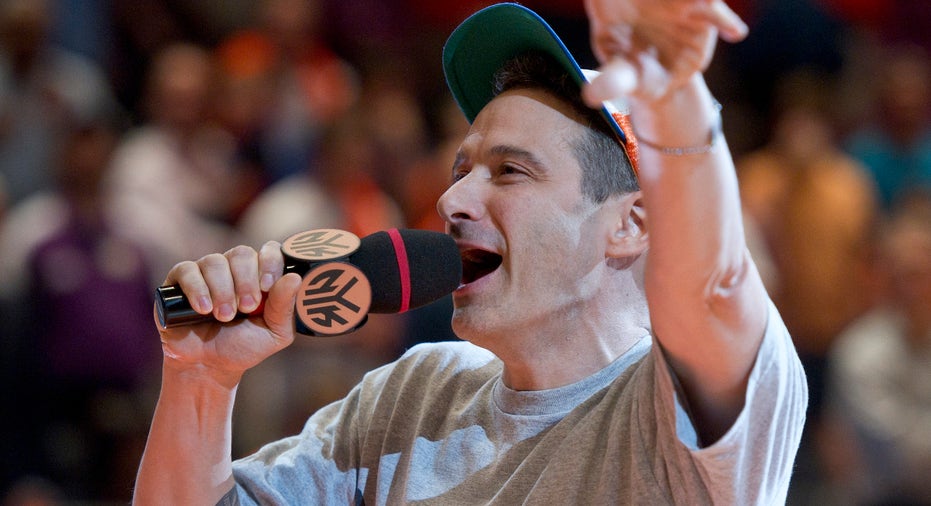Startup GoldieBlox Sues Beastie Boys After Using Song ‘Girls’

Startup GoldieBlox, which makes educational toys for young girls, is no stranger to the spotlight.
The Oakland, Calif.-based company, led by Stanford engineer Debbie Sterling, is one of four finalists in the running to win a Super Bowl ad through Intuit’s Small Business Big Game competition.
And it’s the same toy maker that has captured the attention of millions with its self-made viral ads. An online video the company released last week featuring a parody of the popular 1986 Beastie Boys song “Girls” received more than 8 million views on Youtube. The GoldieBlox version rewrites the original lyrics "do the dishes ... to do the laundry ... to clean up my room" into ones promoting the empowerment of girls.
But the Beastie Boys didn’t approve of the song’s use, and now a lawsuit is in the works – and the plaintiff may come as a surprise. On Nov. 21, GoldieBlox sued the Beastie Boys to “vindicate the rights” of the company to use its version of the song.
Since the suit was filed, the two surviving members of the Beastie Boys, Mike Diamond and Adam Horovitz, issued an open letter that states:
Like many of the millions of people who have seen your toy commercial “GoldieBlox, Rube Goldberg & the Beastie Boys,” we were very impressed by the creativity and the message behind your ad.
We strongly support empowering young girls, breaking down gender stereotypes and igniting a passion for technology and engineering.
As creative as it is, make no mistake, your video is an advertisement that is designed to sell a product, and long ago, we made a conscious decision not to permit our music and/or name to be used in product ads.
When we tried to simply ask how and why our song “Girls” had been used in your ad without our permission, YOU sued US.
While GoldieBlox’s lawsuit may seem peculiar, attorney Jon Moskin, an intellectual property partner with the law firm Foley & Lardner, says U.S. law permits companies under reasonable threat of litigation to file a pre-emptive suit.
“The company may have invested a substantial amount of money in a new product, for example, and be threatened with claims … it puts a cloud over the company’s business plan, and customers may not want to carry a product if they feel it’s infringing,” says Moskin. By filing a suit pre-emptively, he says businesses are able to actively pursue a solution, rather than waiting to get hit with a lawsuit.
He says taking pre-emptive action also gives companies the home-court advantage, so to speak, as the defendant is forced to travel to the state in which the suit is filed in. While some of the defendants named, including Island Def Jam, are also based in California, Horovitz is identified in the suit as a resident of New York City.
Moskin says GoldieBlox doesn’t have a particularly strong case.
While the “fair use” rule allows people to use copyrighted material for the purpose of education, criticism, parody or public dialogue, Moskin says the fact that the GoldieBlox’s version of the song is being used explicitly to help sell a toy set doesn’t help the company’s argument.
“If they’d been doing this purely for educational purpose – it would certainly help them,” says Moskin. He says precedents on the books in California suggest that the law will view the Beastie Boys’ side more favorably.
However, the company may have already won in its own court of opinion, he says.
“The fact that you’re calling me, and that they are getting a lot of publicity from this – they may have made a calculated decision that the cost of the suit [is justified],” says Moskin. GoldieBlox declined to comment for this article.



















